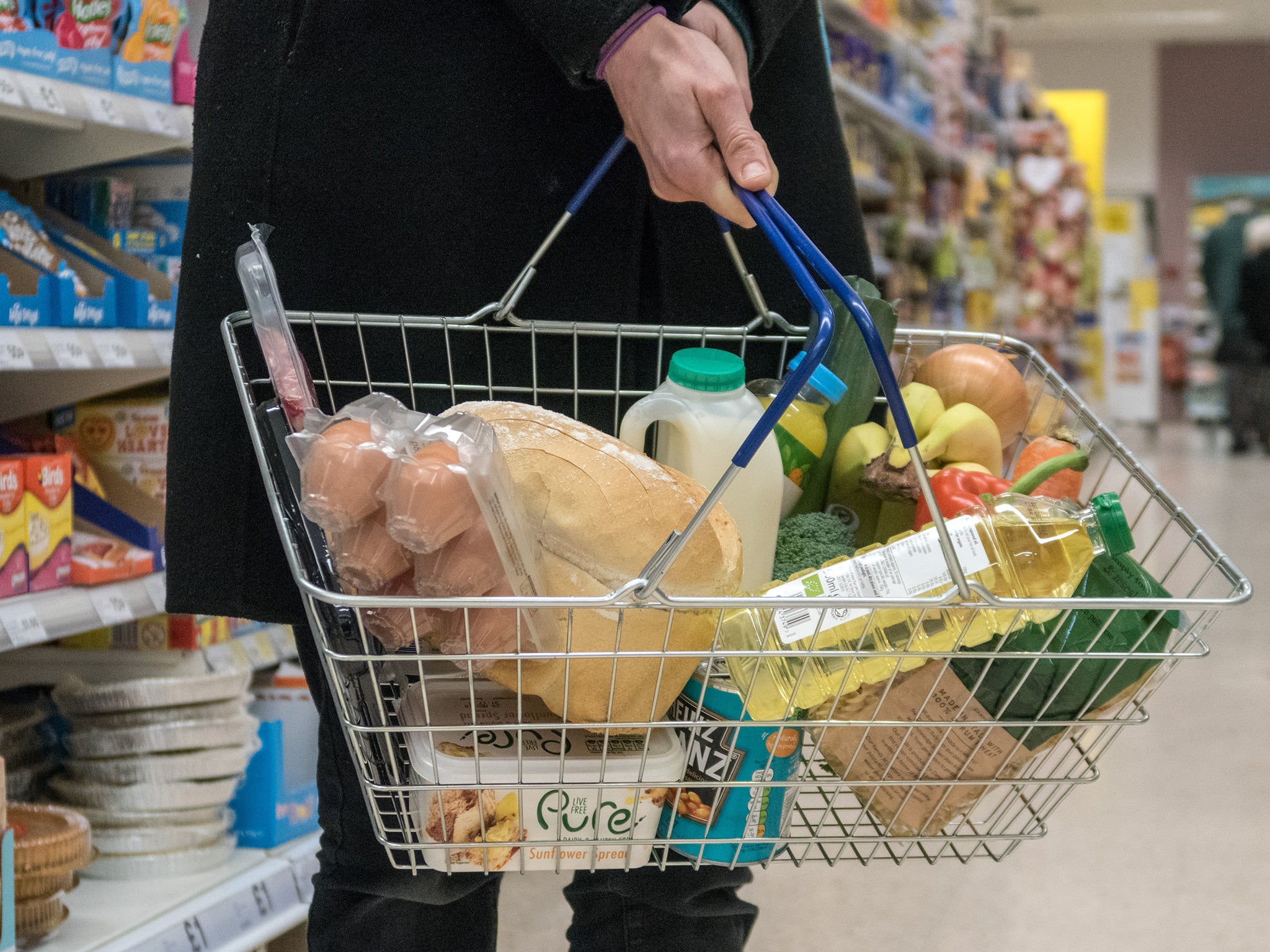UK weather: Food to increase in price because of extreme conditions
Winter storms brought by Beast from the East and summer heatwave have put 'particular stress' on domestic food production, economists say

Food prices are expected to rise by 5 per cent because of the impact of the wintry weather from the Beast from the East and summer’s extended heatwave, economists have warned.
Long spells of extreme weather conditions throughout the year are likely to lead to an rise in household food bills by an estimated £7.15 a month, the Centre for Economics and Business Research (Cebr) said.
Domestic food production has been hit by weather extremes that have put “particular stress on farming costs and yields”, it added.
Between March and July, the wholesale “farm gate” prices of some staples rocketed by up to 80 per cent, say economists, who used European Commission figures to make their calculations.
A farm gate price is the price of the product available at the farm, excluding any separately billed transport or delivery charge.
The price of wheat for bread rose by a fifth, strawberries by 28 per cent, carrots by 41 per cent and lettuce by 61 per cent. The farm gate price of carrots rose by 80 per cent,
Cebr said: “Summer 2018 has been one of the warmest in living memory, with above average temperatures recorded since April and dry spells lasting more than 50 days in parts of the country. While this has made Britain’s weather more conducive to barbecuing, it looks set to raise the price of the food on the grill and the drink in hand.”
The group added that wheat is a particular concern due to the nation’s appetite for products derived from it.
Much of the UK’s grain is imported from Europe, where record-breaking weather has also hit production, with the harvest expected to be 5 per cent down in 2018. The impact of the extreme weather is not limited to arable produce, with domestic dairy yields also hit.
Poor grass growth saw production fall for 11 weeks in a row and the farm gate price of butter rise by just under a quarter since March.
The heat has also seen pig fertility fall, pushing up the price of piglets by 8 per cent.
The Cebr said: “The price of red meat is set to fall marginally in the short run. This is as farmers look to sell livestock earlier than normal to reduce the burden on grazing land. Still, in the longer run, prices are set to rise as feed availability is affected by a weak harvest.”
The group also said that inclement weather in France has hit winemakers in Bordeaux, Champagne and Cognac.
In total, the Cebr expects the extreme weather will increase costs to UK consumers by £45m a week, although the full effects could take up to 18 months to filter through to customers.
Freezing weather at the start of the year was blamed for a slump in growth across the UK economy, with GDP falling to 0.2 per cent in the first quarter.
The Bank of England’s figures for the second quarter showed the economy had rebounded, however the hot weather was blamed in part for a slip in the country’s services sector in July.
Agencies contributed to this report
Subscribe to Independent Premium to bookmark this article
Want to bookmark your favourite articles and stories to read or reference later? Start your Independent Premium subscription today.

Join our commenting forum
Join thought-provoking conversations, follow other Independent readers and see their replies